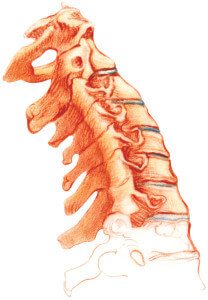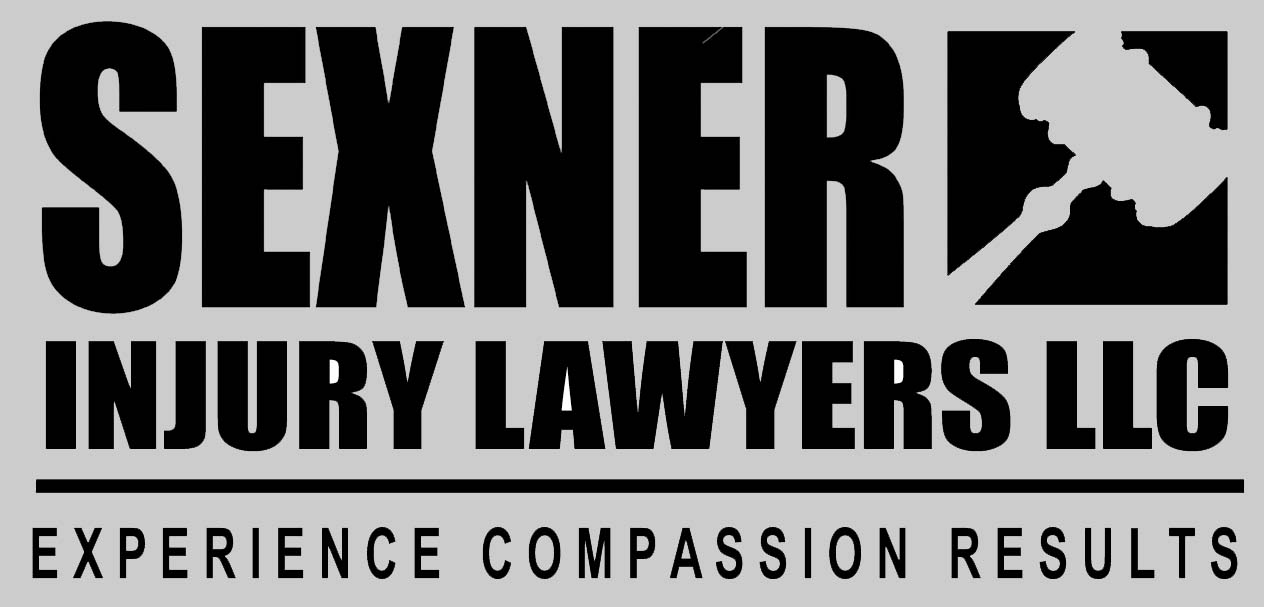 Injuries to the spinal cord region of our bodies are particularly dangerous. The physical, structural damage resulting from such an injury can be debilitating and possibly affect the ability to stand and/or move freely. Further, adding to the potentially catastrophic nature of spinal injuries is the possibility of neurological damage. The spinal region houses nerves which act as a connection between the brain and the body to allow for movement.
Injuries to the spinal cord region of our bodies are particularly dangerous. The physical, structural damage resulting from such an injury can be debilitating and possibly affect the ability to stand and/or move freely. Further, adding to the potentially catastrophic nature of spinal injuries is the possibility of neurological damage. The spinal region houses nerves which act as a connection between the brain and the body to allow for movement.
Traumatic vs Non-traumatic:
A traumatic injury occurs from an abrupt impact to the spinal region. Common results include:
- Vertebrae compression
- A fracture or break
- Dislocation of one or more of your vertebrae
A non-traumatic spinal cord injury may be caused by arthritis, cancer, inflammation, infections or disk degeneration of the spine. Non-traumatic spinal problems do not directly correlate to an isolated blow or impact, but rather may result from stress on the region over a time period, genetic predisposition and aging. Do keep in mind that if non-traumatic related damage was already present and a traumatic event occurred impacting the region, the resulting damage could be exacerbated (compounded).
Different Types of Spinal Cord Injuries (SCI)
There are two further descriptions (classifications) of SCI:
- Complete: If the results of the injury include an absence of most feeling in the region and an inability to initiate or control movement, the injury is referred to as complete.
- Incomplete: More common are incomplete injuries, where the ability to feel or move is partially impacted. Essentially the function is negatively impacted to a certain varying degree.
Two conditions of great severity where the ability to move are lost are defined as Tetraplegia and Paraplegia. Here is the difference between the two:
- Tetraplegia: Also referred to as quadriplegia, is when the arms, legs, trunk and pelvic organs are all affected by the SCI.
- Paraplegia: This type of paralysis restricts the trunk, legs and pelvic organs.
Spinal Cord Injury Signs and Symptoms
- Impaired movement
- Inability to feel pressure, hot, cold etc.
- Lack of control over the bowels
- Nerve-related stinging sensations and pain
- Overactive reflex related activity or involuntary spasms
- Lack or loss of aspects of sexual function
- Decreased lung function such as the inability to cough to clear the lungs
Spinal Injuries Possible in a Slip, Trip, and Fall Accident
Has someone’s negligence caused you or your loved one a devastating spinal cord injury? Now is the time to take action to insure that your family is properly compensated during this recovery. At Sexner Injury Lawyers LLC, our Chicago-based team of injury lawyers has been successfully advocating for injury victims in the greater Chicago area for over 25 years. Our successful record of securing millions of dollars in positive outcomes from settlements and verdicts is unmatched! Don’t delay any further--schedule a free consultation with a member of our personal injury team by calling (312) 243-9922.
Sexner Injury Lawyers LLC is on your side, and we don’t get paid until you are awarded compensation in your case.


